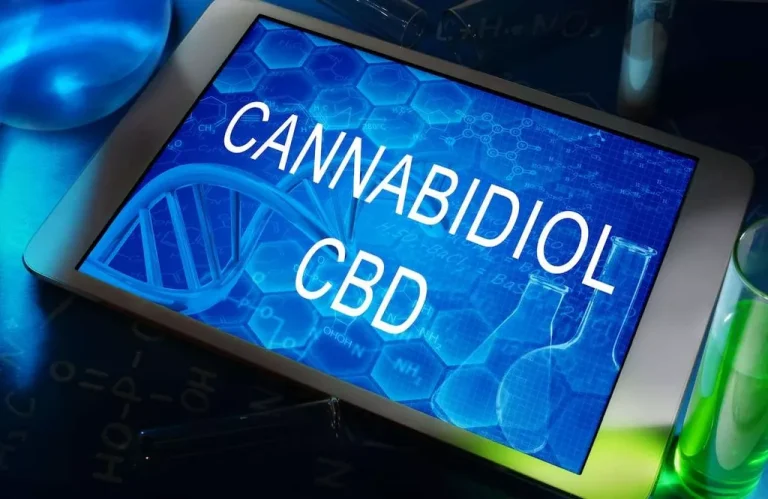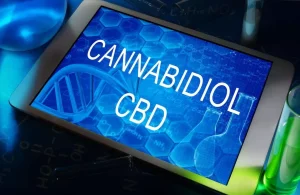Effects on hormones, blood chemistry, the sleep-wake cycle and inflammatory chemicals are also important in the thoroughly lousy feeling we have come to know as a hangover. If you experience frequent hangovers, it may be time to evaluate your drinking habits. Alcohol inflames the intestines and stomach, leading to an increase in acids. You may experience nausea, vomiting, stomach pain, and a delay in how the body moves food through the digestive tract. In general, a hangover is highly unpleasant but not dangerous.
- The typical course of a hangover is that it begins after the symptoms of intoxication have worn off.
- Mixing different types of alcoholic beverages will increase your risk of severe hangovers.
- You can self-diagnose your symptoms simply by knowing what to expect after consuming alcohol.
- Conversely, there are many medications that interfere with the breakdown of alcohol and acetaldehyde, worsening the consequences of drinking.
- Pain relievers such as acetaminophen (Tylenol) filter through the liver the same way alcohol does.
- While there is no cure for a hangover other than time, it may be possible to reduce the severity of some symptoms.
How long does a hangover last?
- Although antiemetic medication like Pepto-Bismol might help reduce nausea and vomiting, it might not stop it entirely.
- A chemical called N-acetyl-cysteine may be useful in detoxifying the body from acetaldehyde buildup, but this too is an unproven treatment.
- Talk with your healthcare professional if you’re concerned that frequent heavy drinking may lead to serious problems, such as alcohol withdrawal.
- You may have dry mouth, headache, dizziness, or nausea and be tired, shaky, thirsty, or sensitive to light and sound.
- People who have had too much to drink often don’t sleep well, which can make all those issues worse.
These symptoms include flushing, sweating, and an increased heartbeat. While this is not technically a hangover, it can feel like one. Typically, hangovers only last the morning (like, until you finally get around to eating breakfast)—at most 24 hours. Other things you do — or don’t do — when you drink alcohol can affect whether you get a hangover and how bad it is. If you don’t eat anything and drink on an empty stomach, for example, you may feel worse because your bloodstream will take in the booze more quickly. And if alcohol use disorder runs in your family, you may have certain genes that affect the way you process liquor.
Symptoms of a hangover
While these medications can be helpful for headaches and muscle pains, they may also irritate your stomach lining, causing nausea. For people living with heart disease, hangover symptoms such as rapid heart rate and high blood pressure can be dangerous. A person’s hangover symptoms can last for 24 hours or more. The length and severity of a hangover can vary from person to person. Age can play a how long does a hangover last role in the duration of a hangover, as the liver can slow as a person ages.
- Aspirin and ibuprofen (Advil, Motrin IB, others) can cause your stomach to make more acid, which can irritate your stomach.
- Your body’s already under a little bit of strain during your period, and since alcohol can dehydrate you, it can deplete your energy even more on your period, says Dr. Cox.
- Plus, hangovers tend to be more severe after drinking on an empty stomach.
- Hangover symptoms are at their worst when that level returns to zero and usually last about 24 hours.
What questions should I ask my healthcare provider?
Most of us can break down about one drink’s worth of alcohol each hour. They are thought to contain chemicals called congeners that add to ethanol’s harmful effects. Many of these disturbances https://ecosoberhouse.com/article/how-long-does-alcohol-stay-in-your-system-blood-and-urine/ of the body’s natural physiology persist the next day, long after the alcohol is gone. Dehydration plays a significant role, as does acetaldehyde.
- A hangover is a group of unpleasant symptoms that can happen after drinking too much alcohol.
- If you have alcohol intolerance, you may have a genetic inability to process the acetaldehyde fast enough.
- Clear liquors, such as vodka and gin, have comparatively lower concentrations of congeners.
- Drinking too much too quickly can affect breathing, heart rate, body temperature and gag reflex.
- Others can drink far more and feel minimal symptoms afterwards.
- Treatment options are also available for those suffering from alcohol addiction.
- The following are some questions people frequently ask about hangovers.
7 ways to cure your hangover
Conversely, there are many medications that interfere with the breakdown of alcohol and acetaldehyde, worsening the consequences of drinking. A thin, Japanese teetotaling woman taking prescription painkillers will clearly have more problems with a few drinks than a 250 pound linebacker who regularly drinks four beers a night. Once in the brain it causes a chemical release that leads to pleasurable feelings, and it lessens inhibitions by depressing certain frontal lobe functions. Motor pathways become overactive, and blood sugar is processed less efficiently in the brain. As more and more ethanol molecules enter the membranes of the nerve cells, sedating effects develop. The effects of alcohol intoxication are relatively predictable based on measured blood alcohol content.







